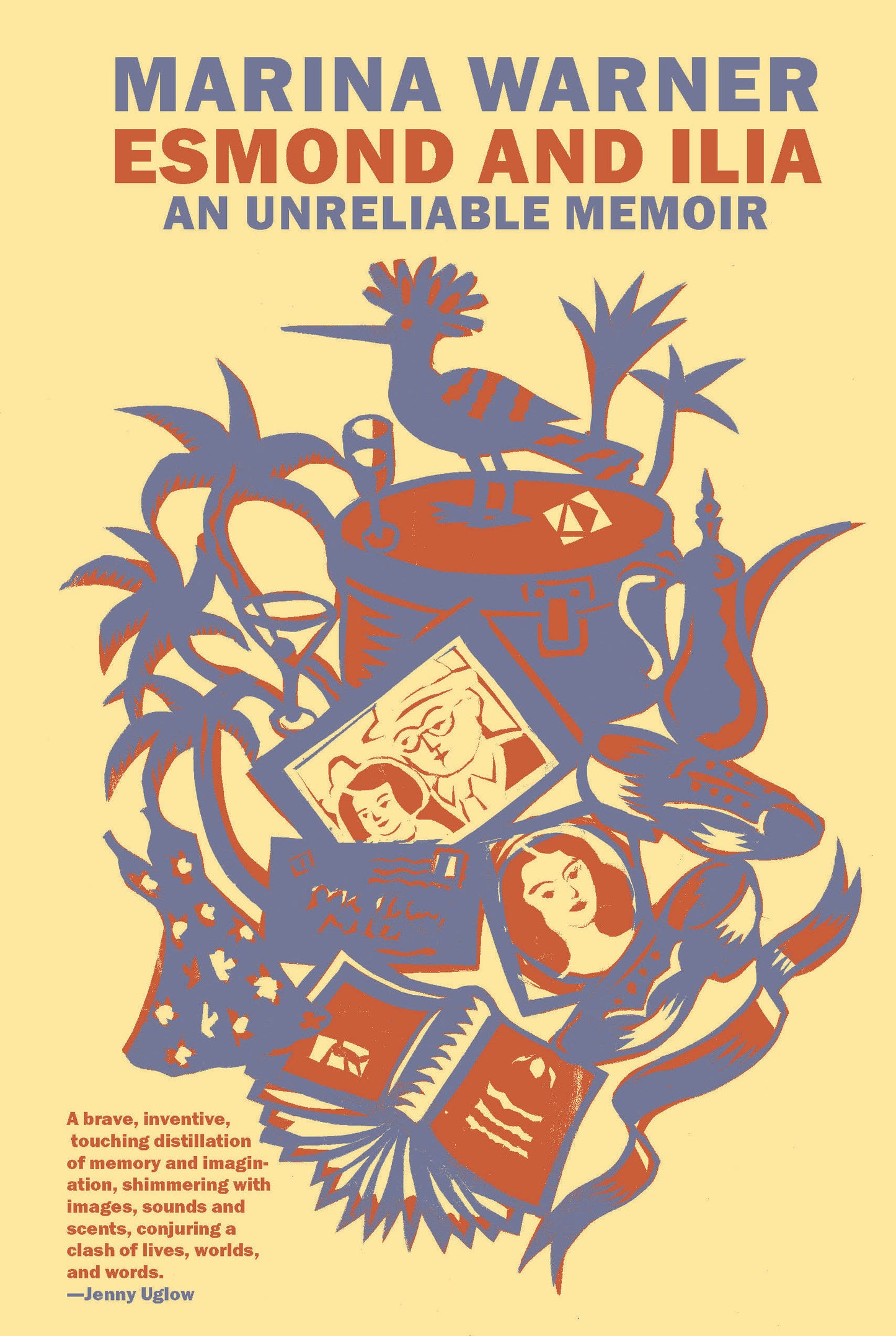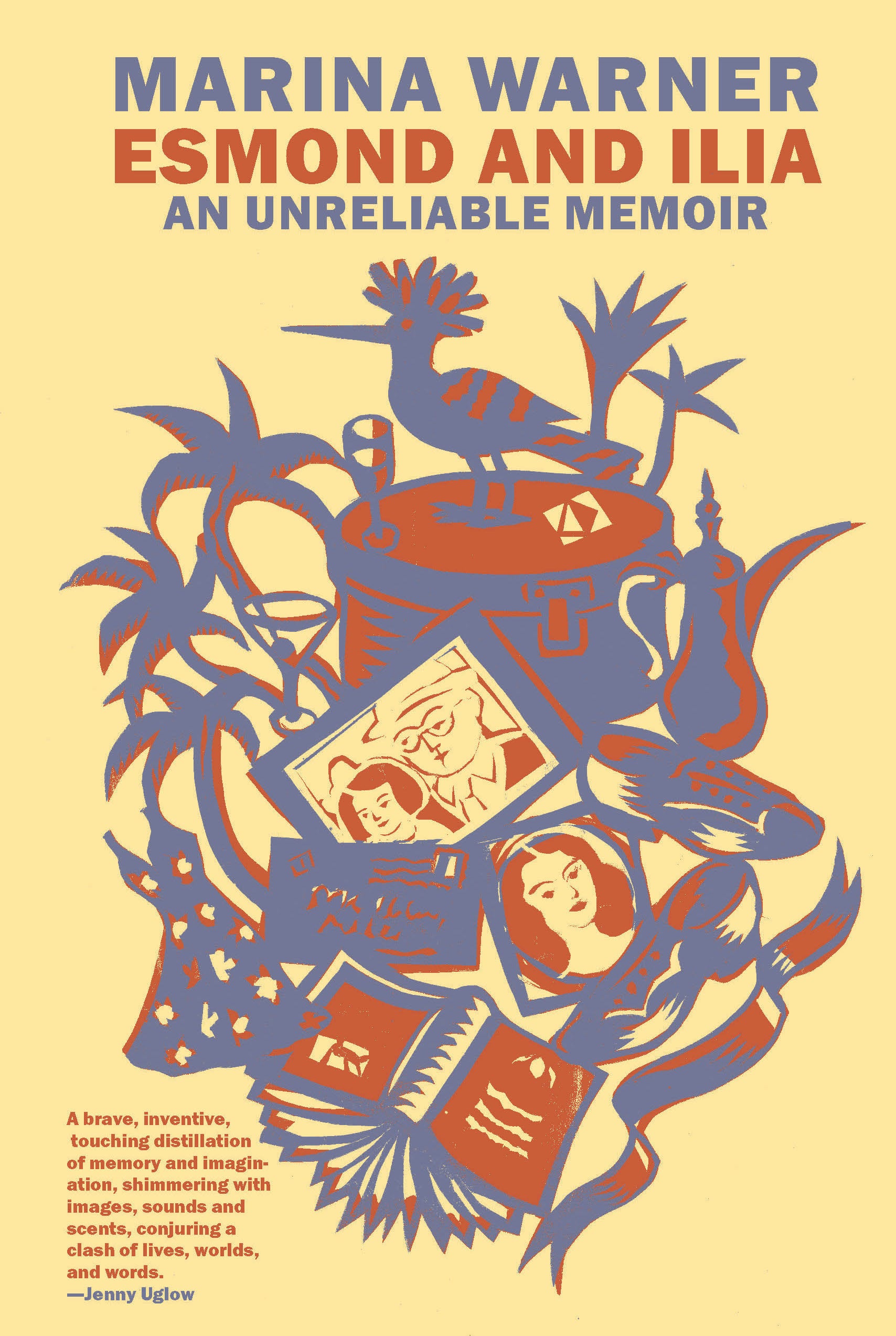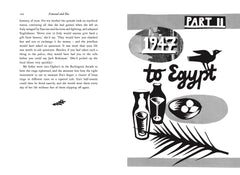The book, largely constructed from documents, family stories and imaginative projection, recaptures a worldly, decadent atmosphere.
—Washington Post “Top 50 Nonfiction Books of the Year"
In each chapter, Warner grounds us in history and then flies off on the wings of poesy, writing dialogue and rendering psychology like a novelist. . . . Esmond and Ilia is a book of desire and its frustrations: the excitement of romance but also its curdling; the archival fever that takes over, that enlivens and maddens the historian.
—Anthony Domestico, Commonweal Magazine
Esmond and Ilia lacks a fairy-tale ending—after all, it’s about real life—but it is nonetheless wondrously entertaining, an ideal book for a long, hot summer.
—Michael Dirda, The Washington Post
Warner is an expert on all facets of myth, legend and fairy tale, whose writings have explored everything from Ovid to the Brothers Grimm to the Arabian Nights. As such, it makes sense that even a personal work recounting eight years of her parents’ life should be envisioned as a story of the power of narrative, the clash of cultures and the role of the heroine, told by means of lore, symbols and allegory. . . . In recounting the story of these early years of the couple’s marriage, Warner weaves together fact and fiction in the most dazzling and inventive ways.
—Lucy Scholes, New York Times
Ms. Warner. . . knows that every family story is also a fairy tale, if told the right way; just as every fairy tale gains its purchase in the imagination through its overlap with lived reality. . . . With Esmond and Ilia, her memoir-cum-fable of the hoopoe and the porpoise, Ms. Warner has reopened the window that slammed down so abruptly on her childhood’s golden age, and let the light back in.
—Liesl Schillinger, Wall Street Journal
An entrancing weave of memoir, history, autobiography and fiction, this adventurous book voyages through time and space to rediscover, reimagine and reinvent a lost world. One of Marina Warner’s most beautiful works.
—Michèle Roberts
Warner is such a skillful and imaginative writer that much of . . . the book reads like lived experience. . . . The happiest of concoctions, a mix of fiction and fact, observation and speculation. . . . This brave, painful, dazzling memoir is riveting.
—Spectator
Wonderful—a brave, inventive, touching distillation of memory and imagination, shimmering with images, sounds and scents, conjuring a clash of lives, worlds and words.
—Jenny Uglow
Poignant and mythical.
—New Statesman
High-risk and multidimensional . . . Warner brings to these pages a lifetime of thinking about stories and the ways in which they shape our lives.
—Literary Review
This is a wonderfully rich, partly mythical memoir that sifts through the past to connect a family’s secrets to the deep-rooted colonial assumptions that still resonate in a post-Brexit Britain . . . Never dull . . . Eloquent and heartbreaking.
—TLS
Poignant and exquisitely crafted, [Esmond and Ilia] is bound to become a classic.
—Catriona Seth
As delicate as the lace her mother hemmed, as sharp as the facets of the diamond rings her mother lost, Marina Warner’s [Esmond and Ilia] is a captivating re-creation of her childhood in a lost Cairo, so incomparably louche, sensuous and fragrant, and of her parents’ improbable marriage.
—Ferdinand Mount
A poignant and imaginatively transgressive exploration of her parents’ marriage, a war-time love match between Southern Italy and upper class England . . . Evocative.
—Margaret Drabble
Her range of talents is astounding. . . [Esmond and Ilia is] glorious.
—Leo Robson, The New Statesman
Talismanic objects—handmade English brogues, nasturtium sandwiches, an Egyptian cigarette tin—prove the perfect springboard for Warner’s superb visual imagination and historical acumen in this fine memoir, which touchingly evokes, in vivid sensual detail, the irreconcilable contradictions in her parents’ lives within the complex postwar cultural milieus they traversed.
—Victoria Nelson










